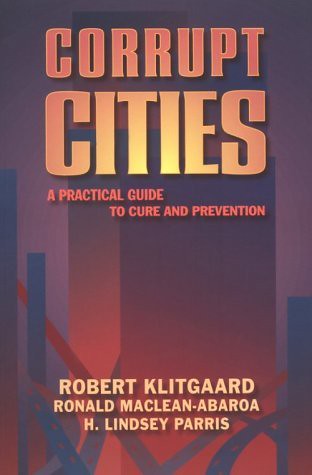Post editorial on the PG County Council and ethics
A blogger-activist life is complicated, because you are constantly boundary spanning, and not everything you do is written about in a blog or on twitter (which I don't do anyway). Sometimes I write pieces critical of how government works at the executive branch or legislative branch level. Sometimes I criticize newspapers for what they write.
Still, the new council is fighting Mr. Baker's ethical reforms in the name of its own precious prerogatives - exactly the prerogatives that helped saddle the county with the abysmal regional and national image it suffers from today.
One of Mr. Baker's proposals would end the insidious practice whereby individual council members can halt proposed development projects in their districts at the 11th hour, extract unspecified concessions and then be assured that the full council will rubber-stamp the outcome. This procedure has been an open invitation for abuse and corruption.
Not only that, but it is virtually unheard of in other local governments in Maryland, where the policy is to leave the details of development projects - curbs, gutters, building materials and the like - to planning boards and planning professionals. This is wise policy, precisely so that politically inspired mischief by elected officials, and the potential for abuse, are minimized.
It's not exactly true, other county councils in Maryland have the ability to get overinvolved in such matters as well, but none is as base as the process in Prince George's County, which had been the subject of past blog entries (such as "The system of corruption: when you don't understand "systems", of corruption or anything else, you don't understand outcomes") and other missives.
Labels: bad government, corruption, Growth Machine, municipal government, municipal oversight, participatory democracy and empowered participation, real estate development




0 Comments:
Post a Comment
<< Home